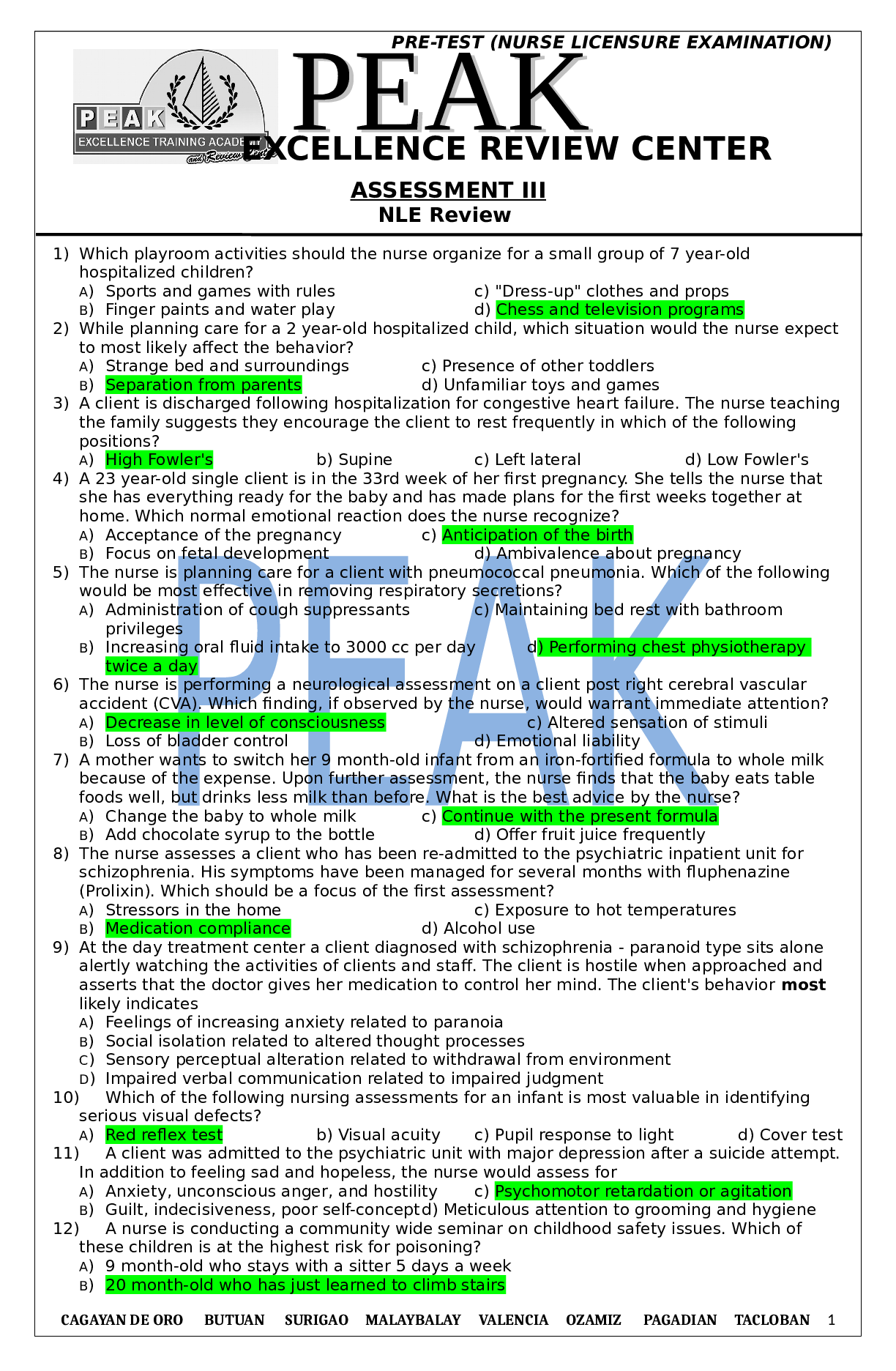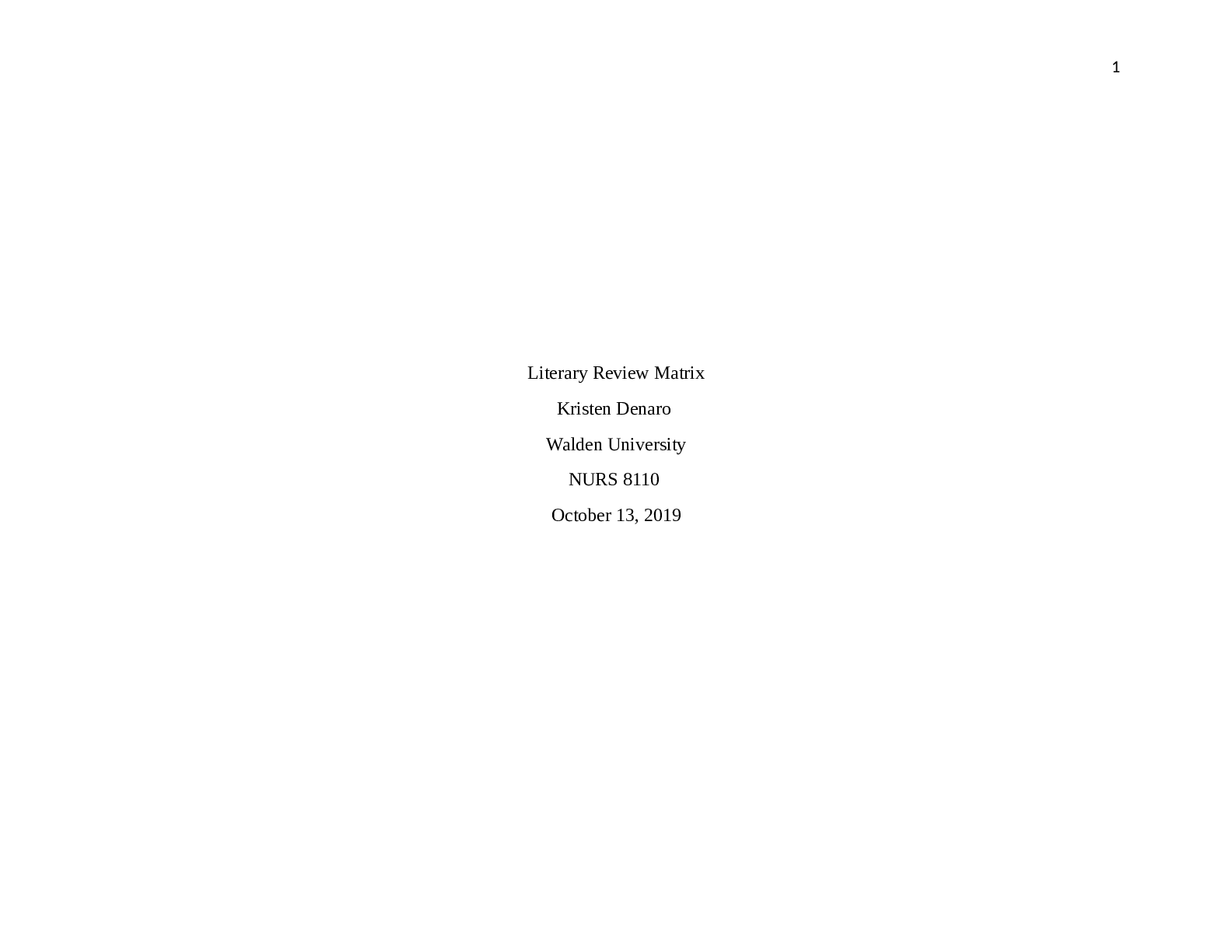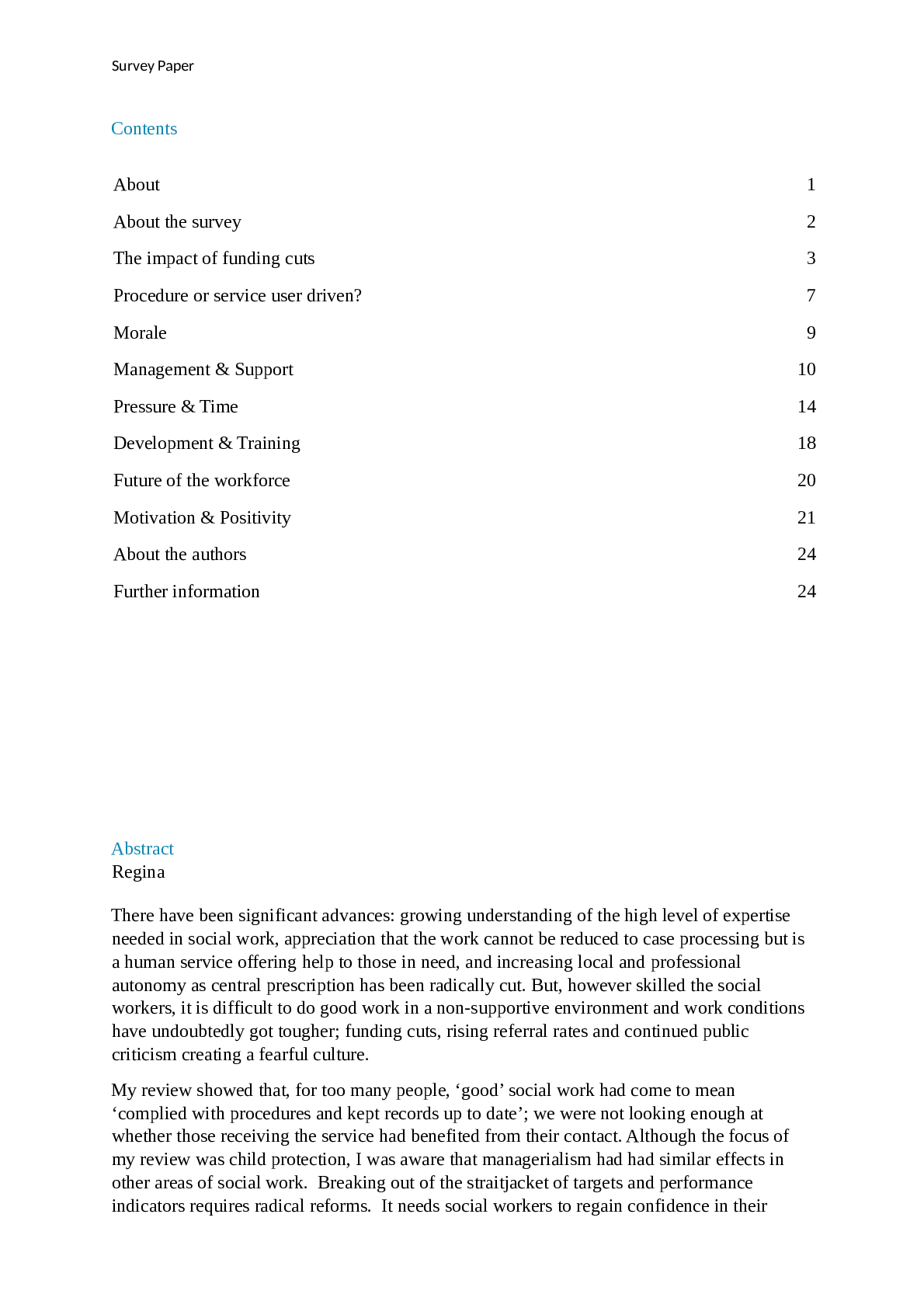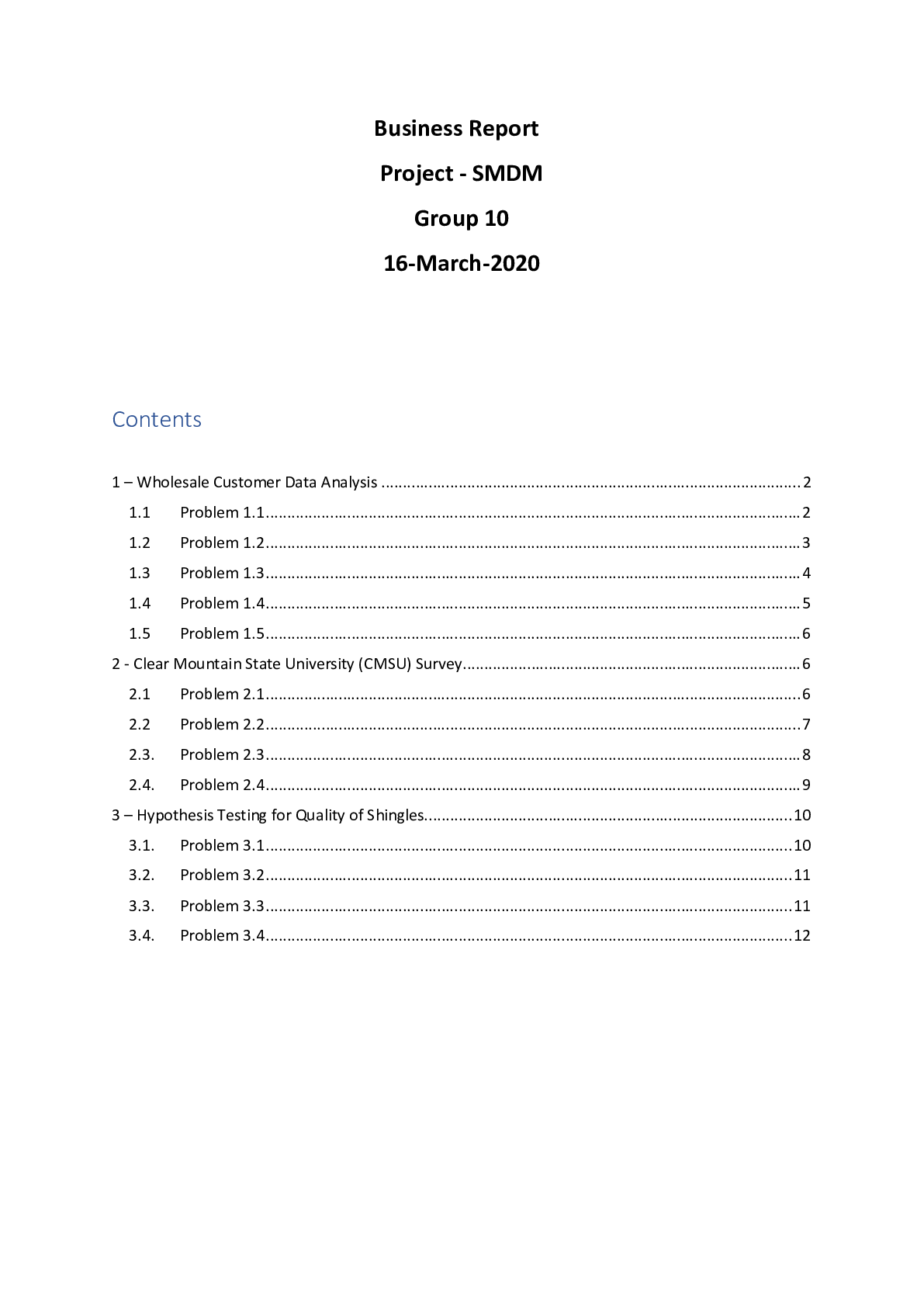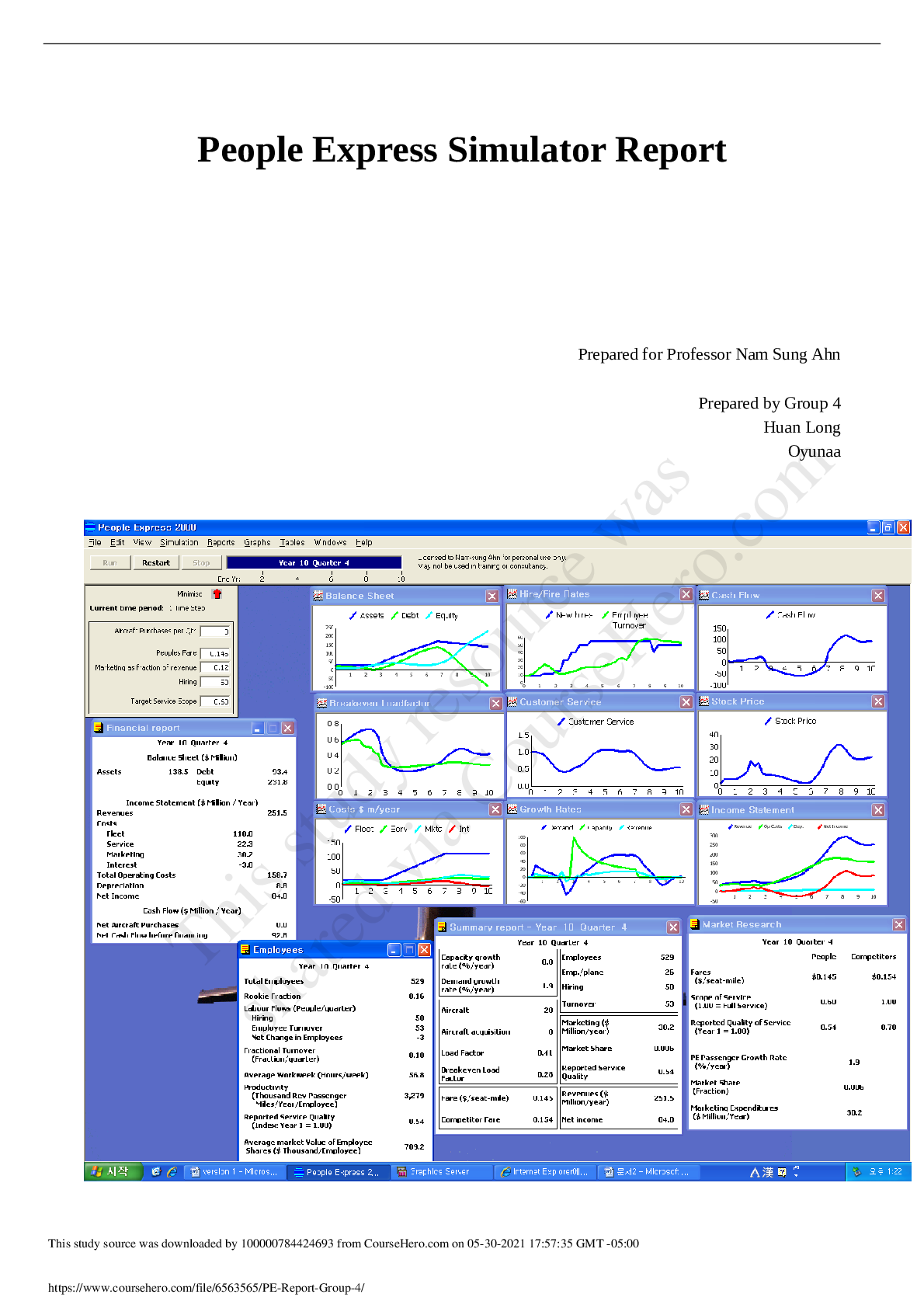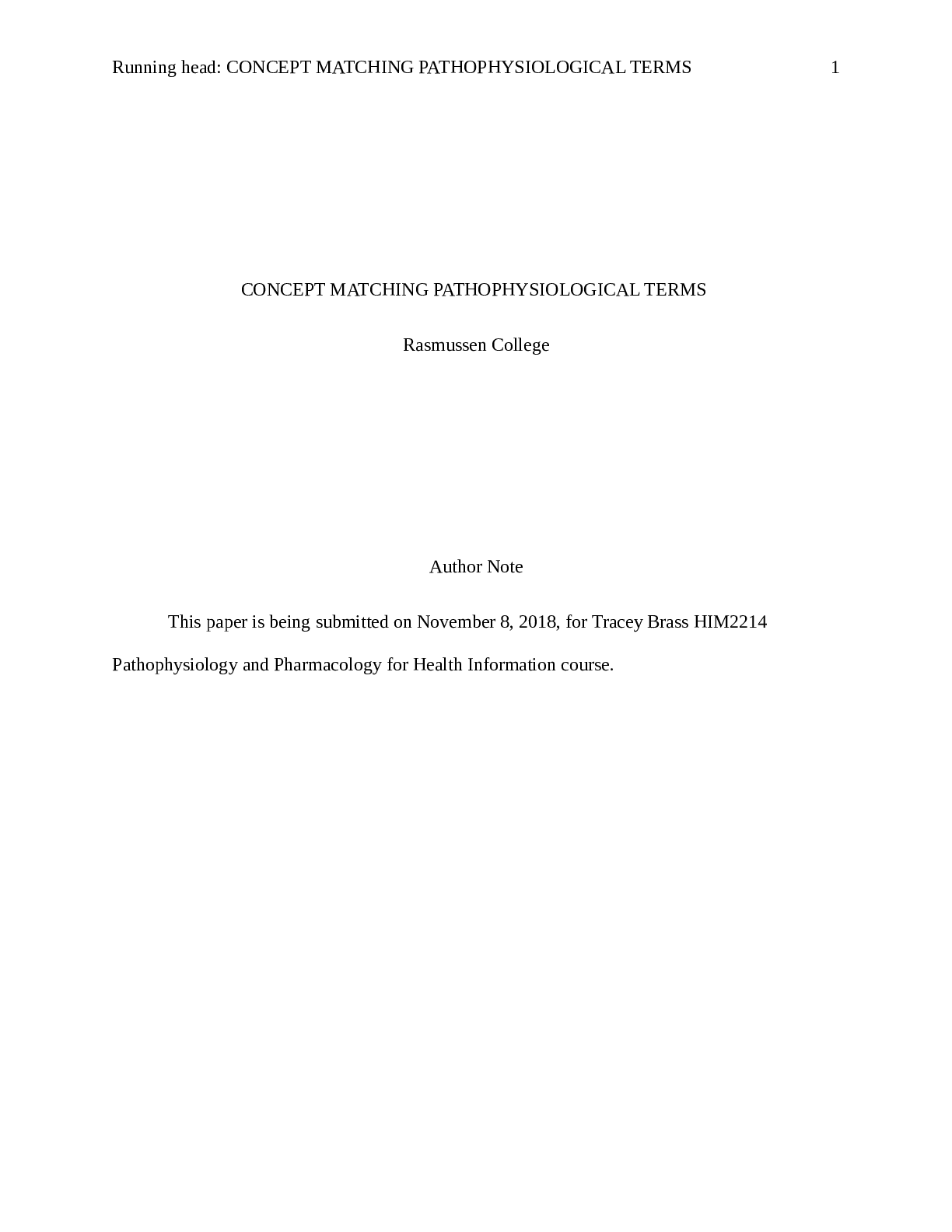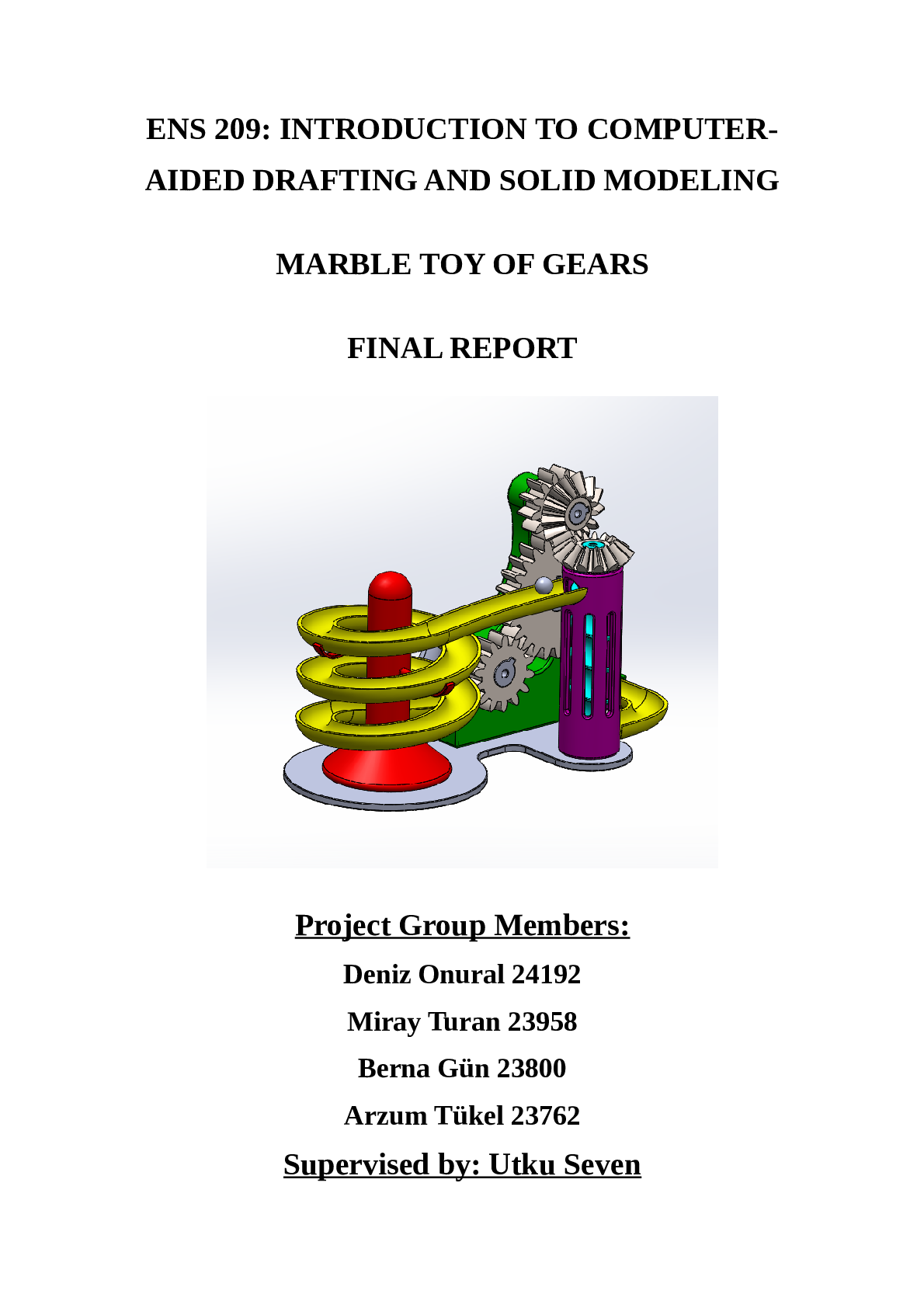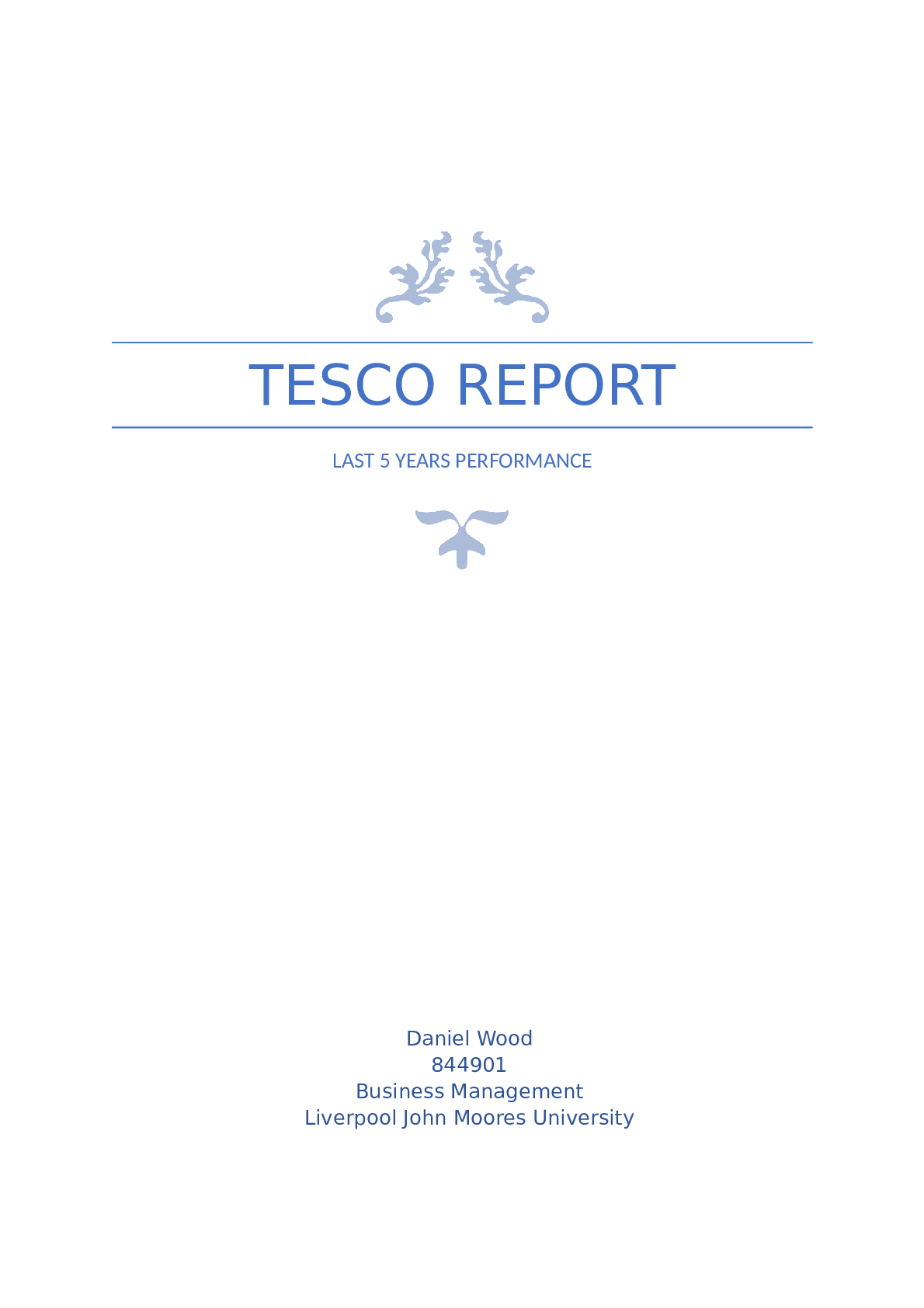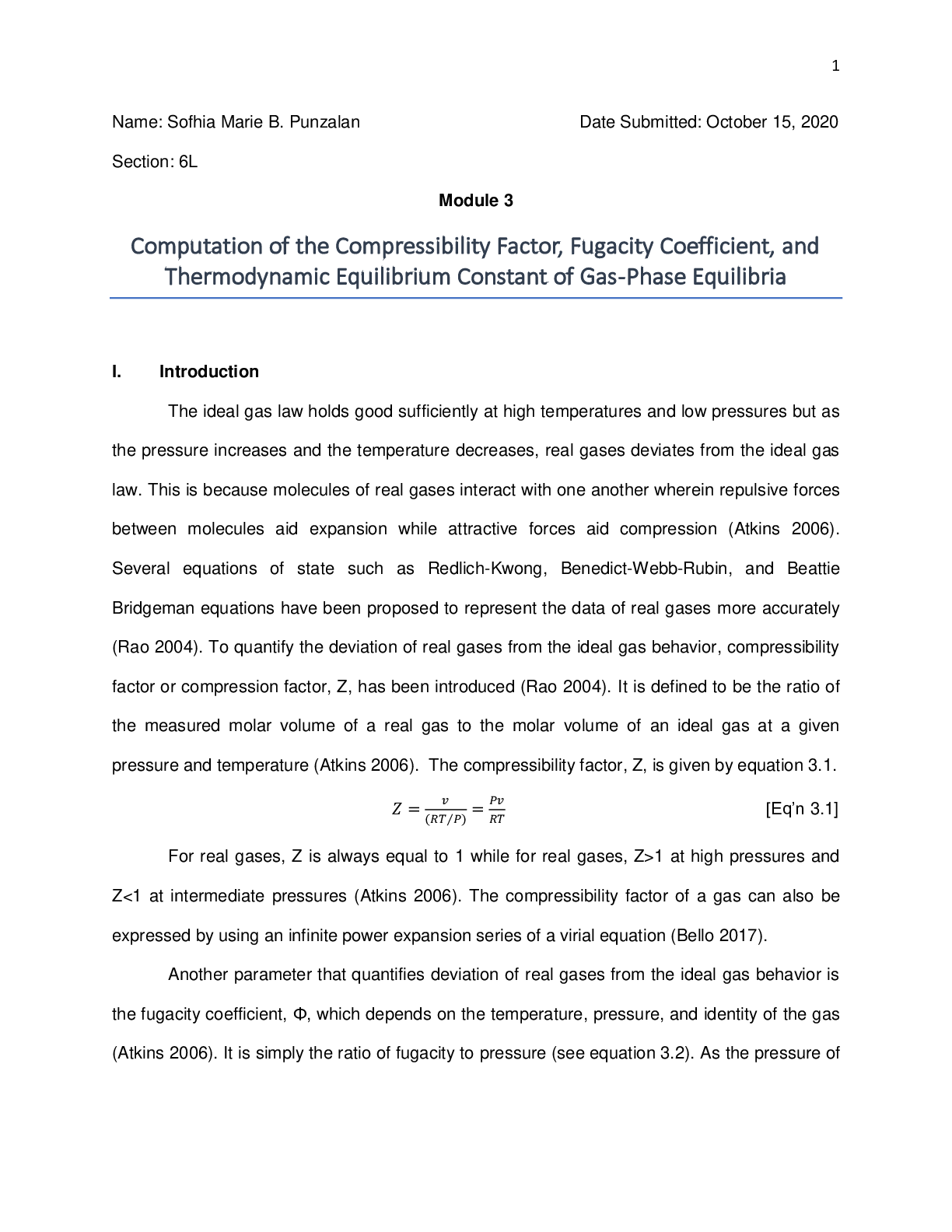Financial Accounting > Report > University of California, Los Angeles ECON 41 Jean baptiste Say (Written Report)-VERIFIED BY EXPERTS (All)
University of California, Los Angeles ECON 41 Jean baptiste Say (Written Report)-VERIFIED BY EXPERTS-GRADED A+
Document Content and Description Below
Jean-Baptiste Say “Production creates its own demand” I. Biography A. Jean-Baptiste Say (French: [ʒãbatist sɛ]; January 5, 1767 – November 15, 1832) was a French economist and businessman... . He had classically liberal views and argued in favour of competition, free trade, and lifting restraints on business. He is best known due to Say's Law, which is named after him and at times credited to him, but while he discussed and popularized it, he did not originate it. B. Life of Jean-Baptiste Say Say was born in Lyons, France in January 5, 1767. His family were Huguenot textile merchants. Say is the first college professor of economics on the European continent. There can be no doubt that Say’s writings was basically Smitian, in fact, he is Adam Smith’s first and principal French spokesman. Certainly, little good can come from a dispute over whether Say was merely the most eminent of Smith’s continental disciples or whether he was a systematizer in his own right of preclassical economic views. Say did bring order and method into the stement of economic principles. They were presented to the reading public with fewer disgressions, in a more compact form, and with an additonal touch of elegance. Lucidity and transparency of style were perhaps Say’s principal fortes. Say is seldom remembered outside the history of economic thought. His poppular acclaim rested mainly on what has come to be known as Say’s Law II. Say’s Formulation In Say's language, "products are paid for with products" (1803: p. 153) or "a glut can take place only when there are too many means of production applied to one kind of product and not enough to another" (1803: p. 178-9). "the supply creates its own demand" Explaining his point at length, he wrote that: “It is worthwhile to remark that a product is no sooner created than it, from that instant, affords a market for other products to the full extent of its own value. When the producer has put the finishing hand to his product, he is most anxious to sell it immediately, lest its value should diminish in his hands. Nor is he less anxious to dispose of the money he may get for it; for the value of money is also perishable. But the only way of getting rid of money is in the purchase of some product or other. Thus the mere [Show More]
Last updated: 2 years ago
Preview 1 out of 6 pages

Buy this document to get the full access instantly
Instant Download Access after purchase
Buy NowInstant download
We Accept:

Reviews( 0 )
$7.00
Can't find what you want? Try our AI powered Search
Document information
Connected school, study & course
About the document
Uploaded On
May 14, 2021
Number of pages
6
Written in
Additional information
This document has been written for:
Uploaded
May 14, 2021
Downloads
0
Views
119

